T1D Guide
T1D Strong News
Personal Stories
Resources
T1D Misdiagnosis
T1D Early Detection
Research/Clinical Trials
DiabetesSangha – A Meditation Community Where All is Welcome
We all know the benefits of eating right and exercising – they prime our bodies for ultimate productivity. But did you know that mindfulness and meditation, achieving that essential mind/body connection, improves your sleep, memory, and overall resilience?

It seems these days that everyone has a touch of anxiety, minor intrusive thoughts that creep up on us throughout the day, causing distress. This could be due to the ongoing COVID pandemic, school shootings, the tumultuous political climate, or our smartphones’ fifty million apps. Most likely, it is all of the above.
Like diabetes, anxiety affects every age, ethnicity, and tax bracket. And if you’re one of the 31% of U.S. adults who experience even the slightest discomfort or are simply searching for an outlet to ease the restlessness that robs you of your everyday peace—we have an answer.
DiabetesSangha is a group dedicated to meditation and mindfulness practices for people with type 1 diabetes (T1D).

Type 1 diabetes (T1D) and other chronic illnesses can be a heavy burden to bear. Once you’ve mastered all you need to learn—other challenges crop up daily: issues with your site, a high reading because you didn’t dose enough for a meal or a sudden low due to too much insulin and exercise.
It might help to know there is a diabetes community that shares the same challenges, fears, and obstacles. Once you know you’re not alone, your load becomes a little lighter.
Editor’s Note: As always, individuals who suspect they may have severe mental disorders, like depression, OCD, and addiction, should seek treatment from trained professionals.
About DiabetesSangha
DiabetesSangha’s mission is to provide resources for individuals with T1D to develop a better aptitude for dealing with life’s difficulties. The organization’s goal is “to allow the experience of T1D, through a contemplative lens, to mold us into kinder, stronger and more balanced people.”
The non-profit is a community-driven initiative to help not only T1Ds but also anyone challenged by a chronic illness (and their caregivers) through collective meditation practices, educational teachings, and modern ‘mindfulness.’
T1DStrong had the pleasure of speaking with one of DiabetesSangha’s co-founders and facilitators, Peter Friedfeld, about this community space for diabetes/meditation and how it began. Friedfeld is one of three founders, along with Brooke Cassoff and Sam Tullman.
“It’s a pretty interesting story,” said Friedfeld. “It basically came out of the early days of our collective experience with COVID. In early 2020, a group called Diabadass was putting out programming on yoga and meditation and getting people together on Zoom. Sam (Tullman) offered a six-week course on living with type 1 diabetes and how meditation can be a really wonderful asset. I was a participant in that course, and at the same time, Brooke Cassoff was offering a series on self-compassion, which Sam was taking as well. After the course, Sam and Brooke realized the need in the T1D community for this work, and wanted to keep this going and decided to offer weekly sessions where people could get together on Zoom. We all connected through meditation and mindfulness practices and realized how helpful they can be based on the shared experience we were all having.”
In Sanskrit, the ancient meaning of Sangha is community, assembly, or company, a collective move from suffering to freedom.
“So that continued for about six months, and just based on bandwidth, it stopped,” said Friedfeld. However, I joined a daily meditation group that Sam also facilitated and continued with my practice. “Some time later, Sam encouraged me to explore my own facilitation of these practices. So I entered into a teacher training program for mindfulness, and for my practicum course finals, I re-engaged with the DiabetesSangha squad and friends from the community, and we had a really good response. In January 2021, DiabetesSangha was re-born.”

Mindfulness Takes Practice
One might think controlling our thoughts and living in the present moment is easy. The truth is most people spend almost half of their waking hours lost in thought, worrying about the past or future. The cognitive skill of mindfulness, developed through meditation, derives from Hindu and Buddhist traditions. It’s also based on Zen, Vipassanā, and Tibetan meditation.
Throughout history, many religions practice meditation techniques from Taoism, Hinduism, Islam, Judaism, and Buddhism. Buddhists believe you can reach enlightenment through meditation, good behavior, and physical labor.
Through Zoom meetings and some live events, the DiabetesSangha experience helps individuals share meaningful practices that extend to other areas of their lives - family, work, and relationships. Diabetes Sangha offers over 300 live practices each year (each led by a facilitator living with T1D).
DiabetesSangha’s Three Areas of Focus
Meditation
Meditation is the core of DiabetesSangha. A recent study from the Mayo Clinic found that focusing your attention helps free your mind from the ideas that cause stress and worry. The science-based benefits of reflective contemplation are endless, as they reduce stress, anxiety, and depression while improving your attention and health.
“We offer free meditation five nights a week on Zoom, which is the core of what we do,” Friedfeld said. “And if you can’t make the sessions, we have a YouTube channel with on-demand meditations. That’s how we engage with the community. Over the last two years, over 150 people have sat with us on any given night, and they could be groups of five to 25. Our Sunday night events are usually our biggest gatherings.”
No experience is required, and DiabetesSangha sessions run nightly Monday through Thursday, with special sessions on Sunday evenings. Beyond the DiabetesSangha YouTube channel, participants can go to the website’s resources page for recorded practices.
“A lot of our members may have no support at all and live in small towns, and somehow they find us through an interest in meditation and discover the support,” said Friedfeld. “It’s a place where people can come together. Our facilitators lead the meditations; sometimes they are diabetes-related, sometimes not, but the overall emphasis is we’re experiencing how to live a better life with diabetes. A typical practice is around 20 minutes, where we sit, breathe, and afterward, there is a short discussion. There’s something powerful about opening up the floor to ask what came up for you in the session. People can chat about anything. Insulin pump issues, whatever is happening in their lives. Every facilitator has a different style.”
Diabetes Sangha Sessions run:
- Monday, Tuesday, and Wednesday: 8 p.m. EDT
- Thursday: 9 p.m. EDT
- Sunday (special events): 7 or 8 p.m. EDT
“It’s about connecting and supporting each other. Meditation with the T1D community is more powerful. It’s like working out in the gym with a trainer – you get a little bit more with others. We do fun things like Remote Reiki, and we’re also adding yoga sessions in 2024,” Friedfeld said. “Some guest facilitators are from Australia; some are in Maui and Colorado, all around the country.”
Also, guests of all ages can attend. “Our youngest might be 20, someone in college, and then up into their 80s. We have some participants living with diabetes for 50-60 years.”

Education Courses
With its website as a home base, this central hub offers information, resources, and opportunities to engage with the T1D community.
The education courses offered by DiabetesSangha last five to six weeks and are offered on demand, live, or via Zoom. These courses are designed to teach how to engage with mindfulness practices and experience their benefits—most importantly, how to make the shift in our lives when dealing with the ups and downs of diabetes. “There’s so much more to living a good life with diabetes beyond looking at our devices and taking insulin,” Friedfeld said.
Much of the ongoing work of DiabetesSangha is to educate and raise awareness about the potential for meditation and to help navigate the daily struggles of living with T1D.
“The courses help by supporting one another. We had our first online class this year, with about 70 people, and a good portion has stayed with the group,” said Friedfeld. “The next course, Being with Diabetes, is going to begin on April 21 and will run through May 19 on the same five consecutive Sundays. We’re trying to put out content regularly.”
The non-profit’s future projects include training facilitators in DiabetesSangha and creating accredited coursework for the Association of Diabetes Care and Education Specialists (ADCES).
Community Support
DiabetesSangha positively affects many in the diabetes online community (DOC) by hosting live events. The National Institutes of Health states that linking community resources like nutrition, exercise, cooking, and coping mechanisms improves healthy lifestyles. DiabetesSangha combines meditation, education, and community by connecting one another to build an environment of support.
“Diabetes is a community issue; often people with diabetes don’t have access to regular medical care, they cannot afford medication and lack the infrastructure to support self-management practices,” Friedfeld said. “Education and support greatly influence diabetes control. Program participants significantly improve glucose testing, A1Cs, and blood pressure levels. We also speak at ADA conferences and JDRF summits and work with ADCES and ConnectedinMotion. Last was our first year working with them, bringing our mindfulness practices into the Slipstreams events. We did five, and next year, we’re signed up with them again to do all the Slipstreams and provide yoga as well. We’re also doing a one-year series with BeyondType 1 where Sam writes quarterly.”
DiabetesSangha Facilitators
In addition to the three founders actively involved in sessions, several other facilitators offer sessions, all living with T1D. Every Sunday, meditation is led by a guest facilitator, each with their own style and themes for practice, and all facilitators have outside work and passions in addition to their contributions to the non-profit.
One of DiabetesSangha’s guest facilitators is Evan Soroka, educator, author and founder of Soroka Yoga Therapy in Aspen, CO and the ID Method, an integrative yoga therapy for people with diabetes. Evan, an expert in yoga therapy and diabetes management, wrote the critically acclaimed book Yoga Therapy for Diabetes.
.png)
Future Sessions
All individuals with chronic illnesses—T1D, T2D, caregivers, and community friends- are welcome. Therefore, moving into the new year, if you’re craving a life of less stress, less anxiety, and better sleep—these are all the core foundations of mindfulness practice. “They’re evidence-based, and there's been research over the past forty years to support this,” said Friedfeld. “Stress and cortisol are influences on blood sugar. We’re doing more research in the diabetes world and hope part of our mission is to put together some studies to show the benefits of meditation. We’ve connected with a group from a major university, as well as Diabetes Institutes, to try to launch some studies next year.”
DiabetesSangha’s future projects include more live meditation sessions, movement retreats and educational workshops.
You can find sessions, resources, and blog articles on the website: https://www.diabetessangha.com/


.webp)





.webp)
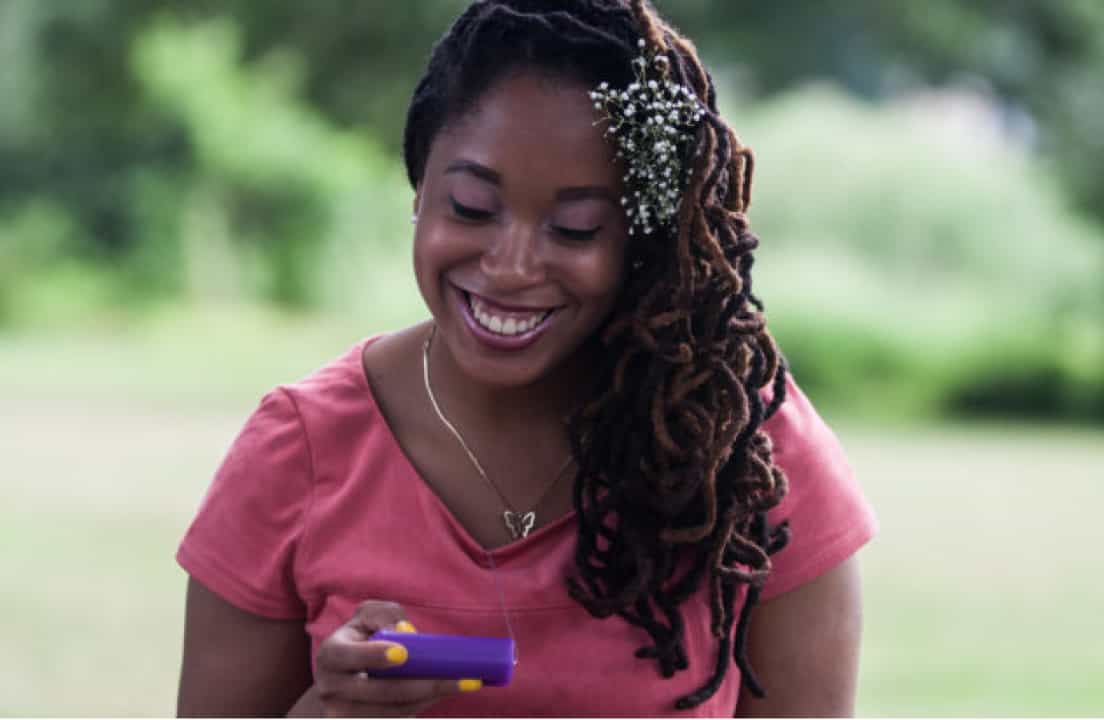
.jpg)

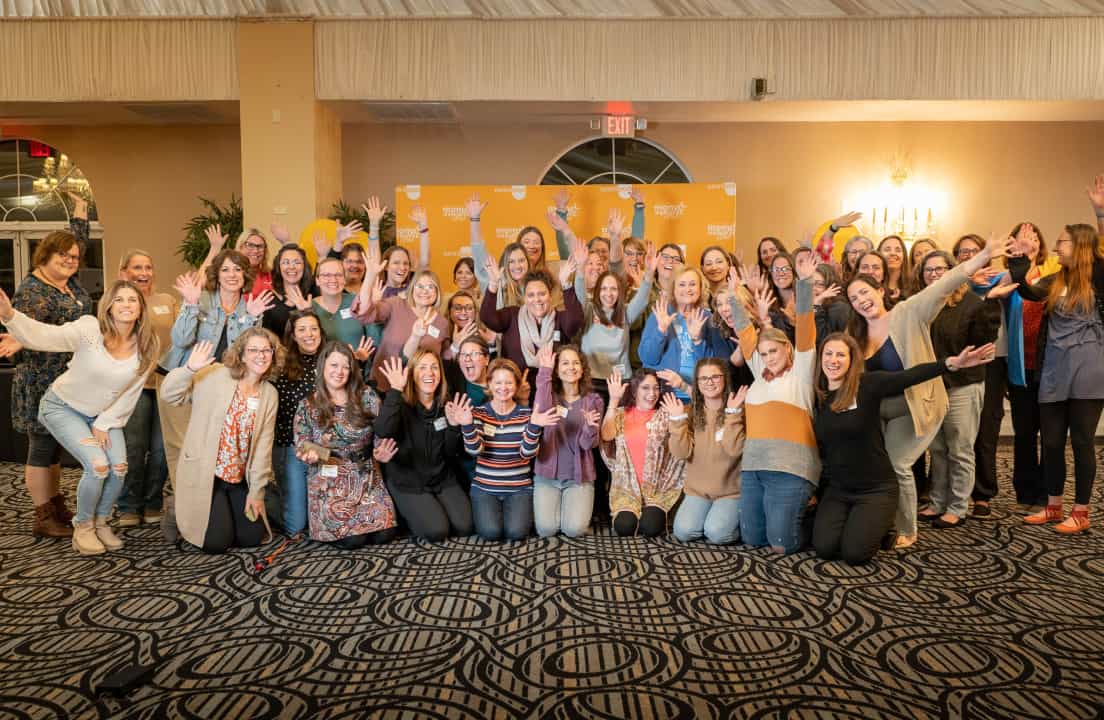
.jpg)
.jpg)
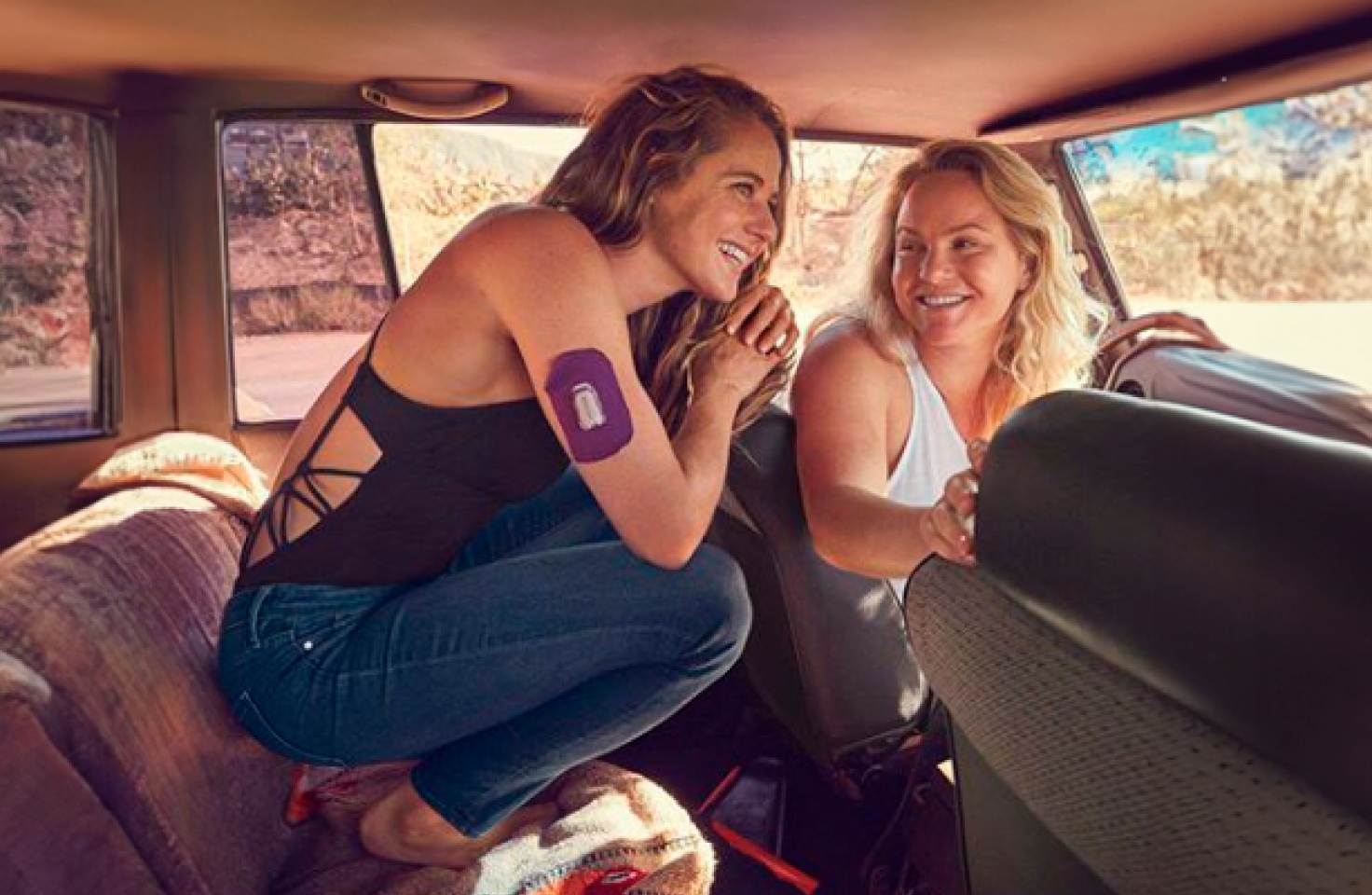
.jpeg)
.jpg)
.jpg)
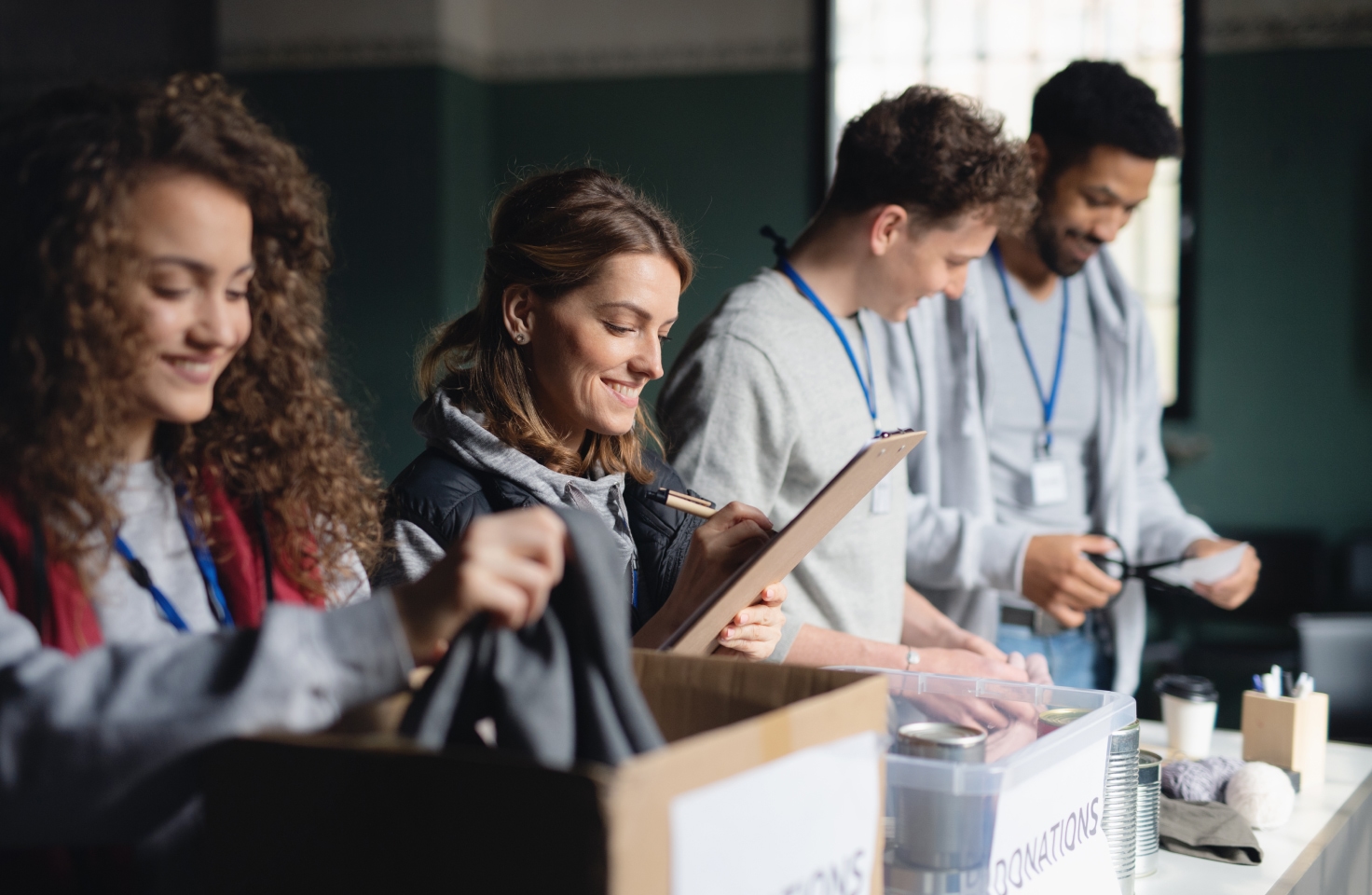
.jpg)
.jpg)
.jpg)



.jpg)

.jpg)
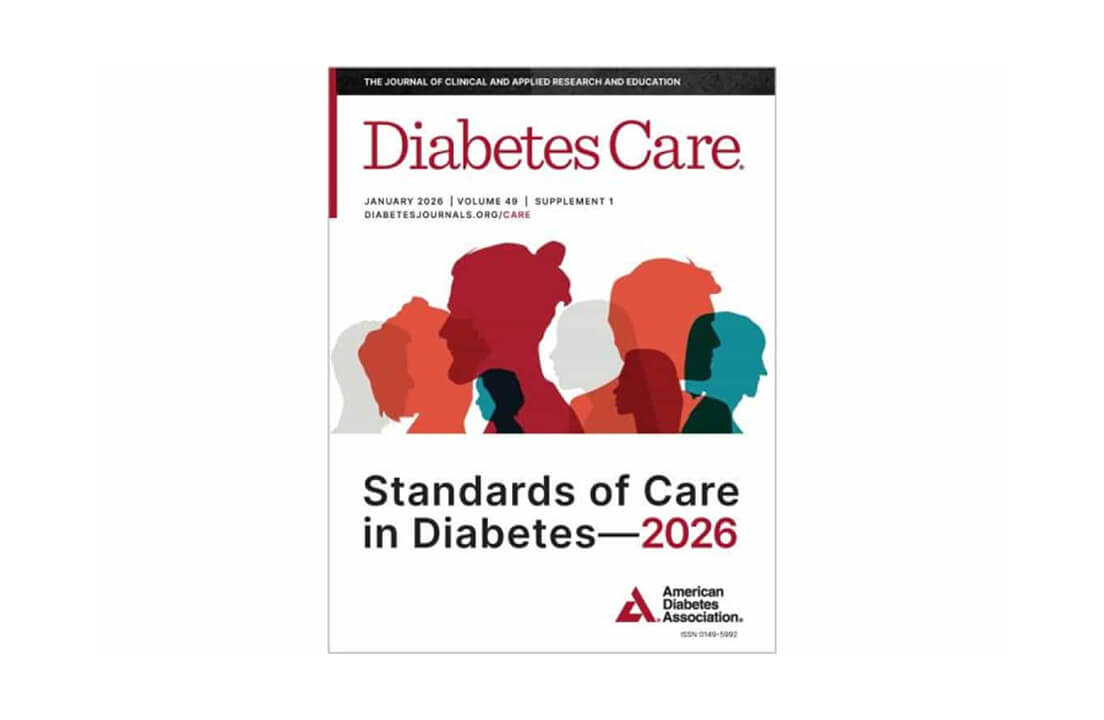
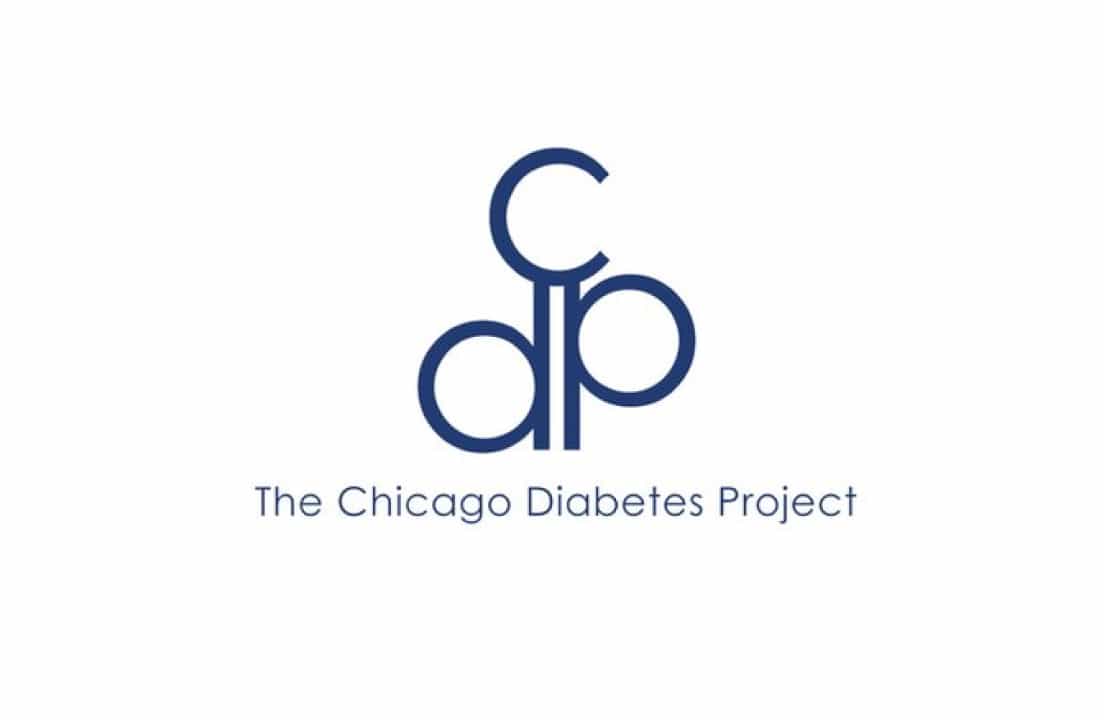
.jpg)
.jpg)
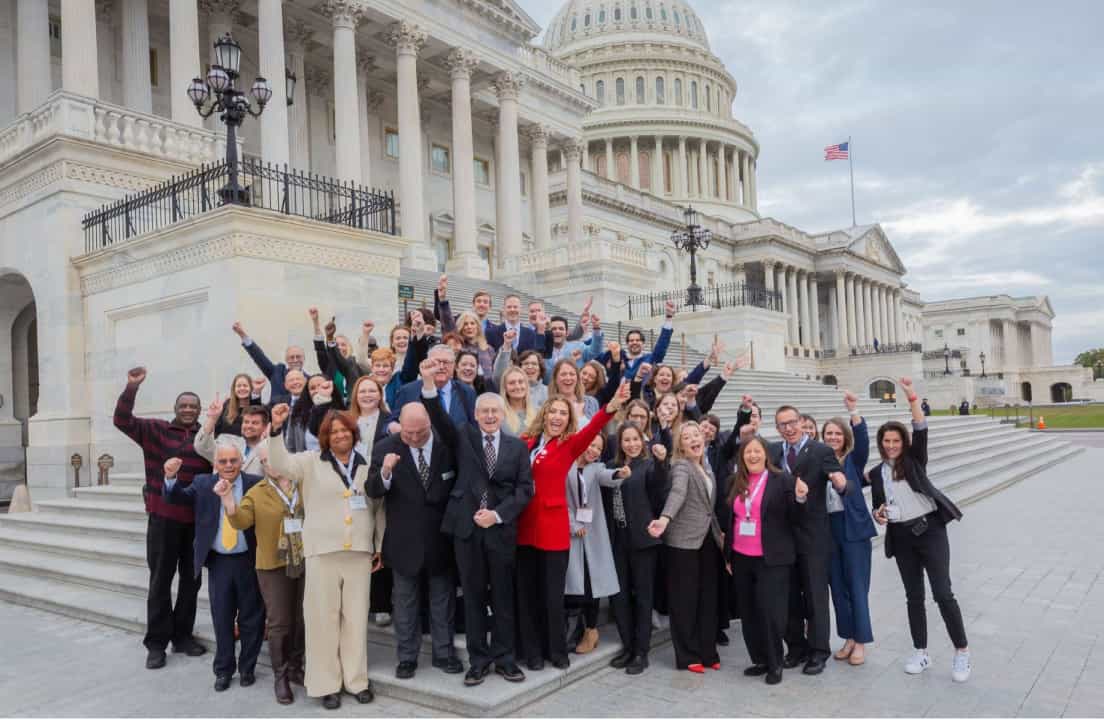

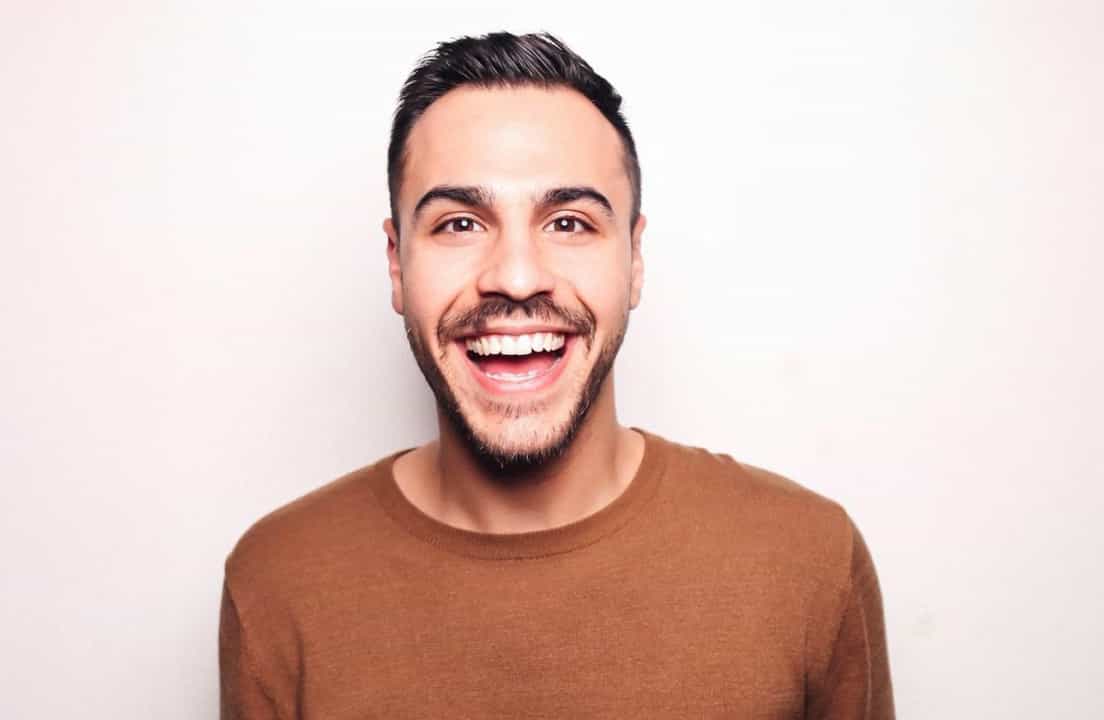
.jpg)



.jpg)

.jpg)
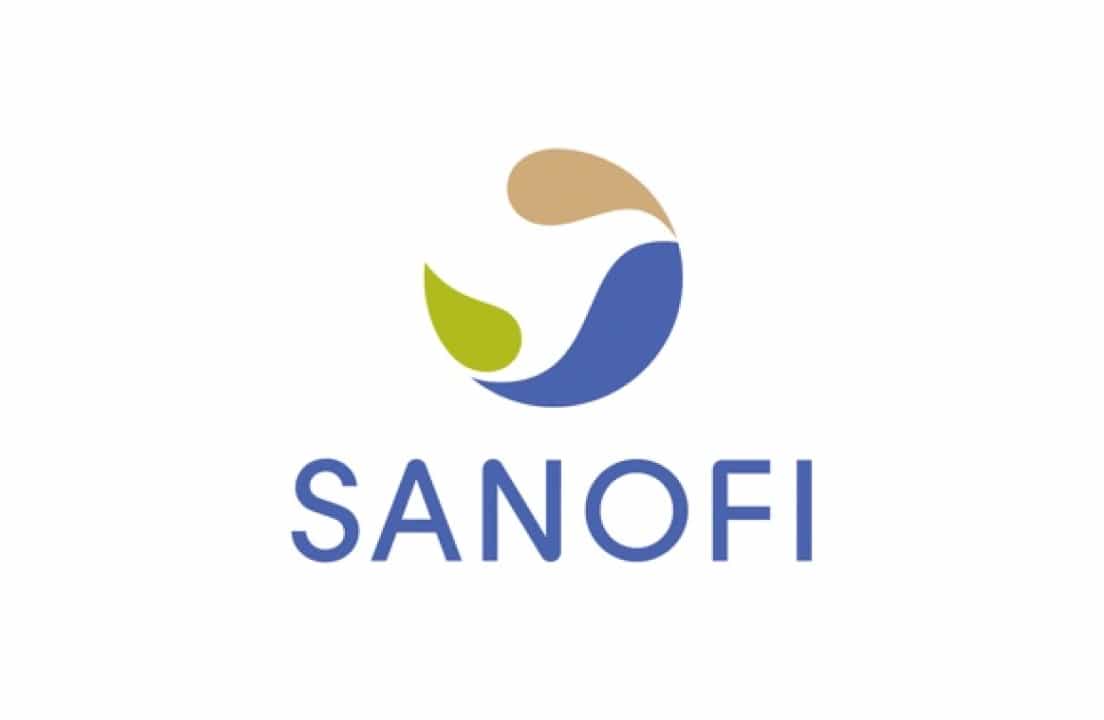

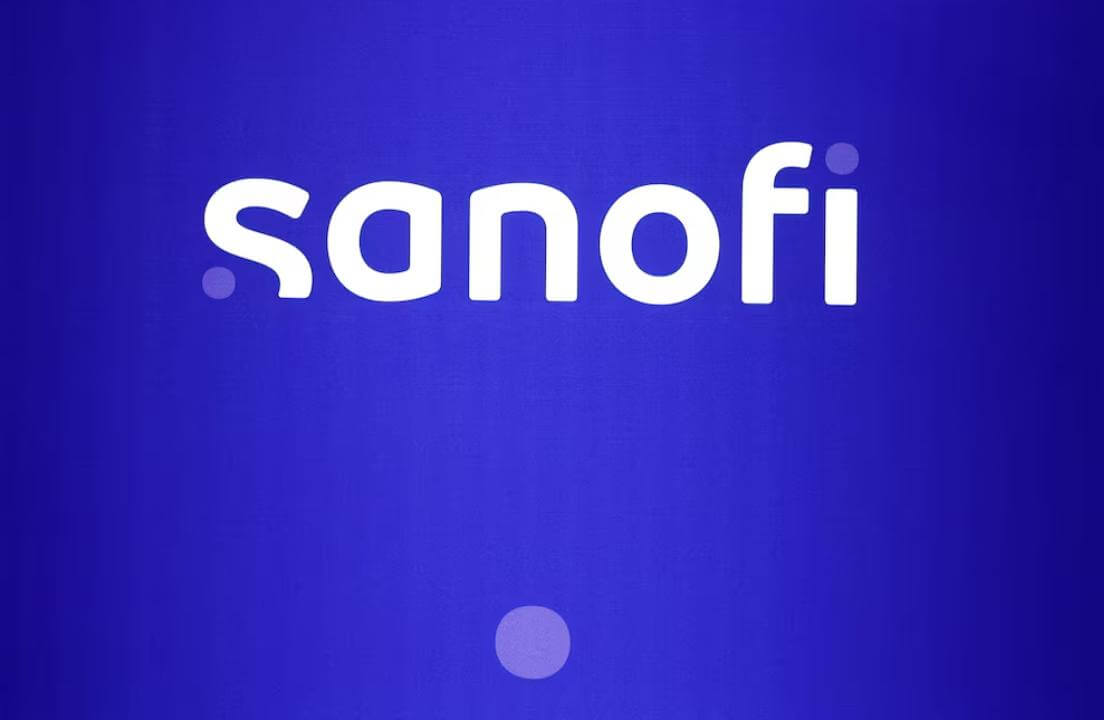
.jpg)

.jpg)
.jpg)
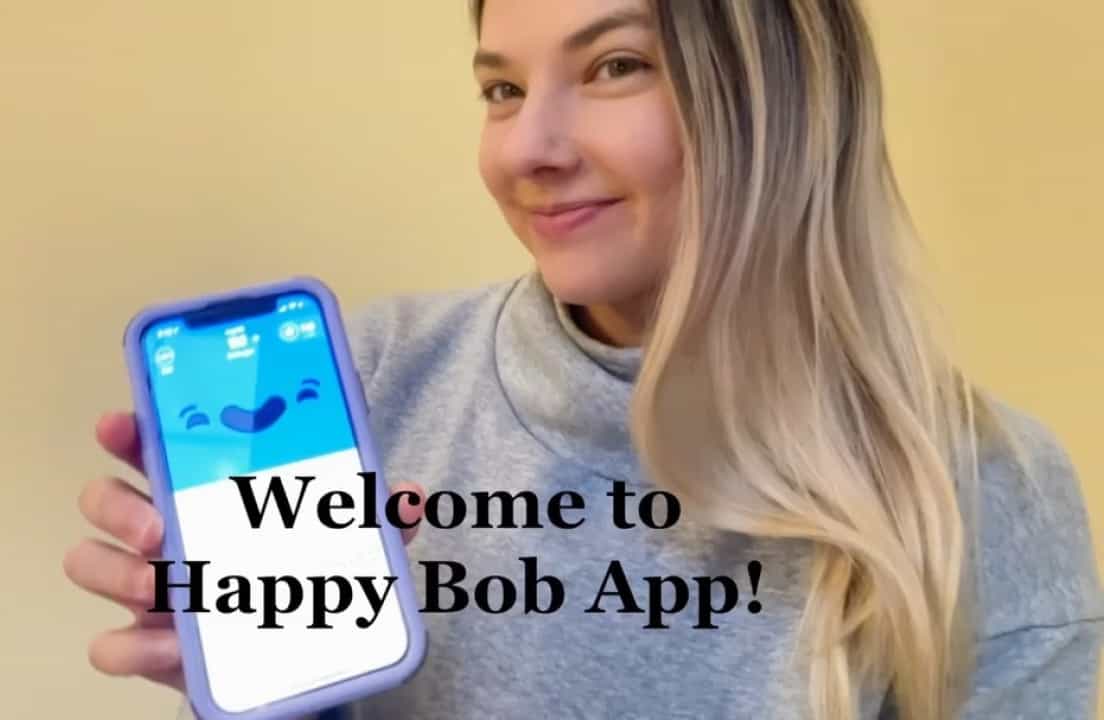
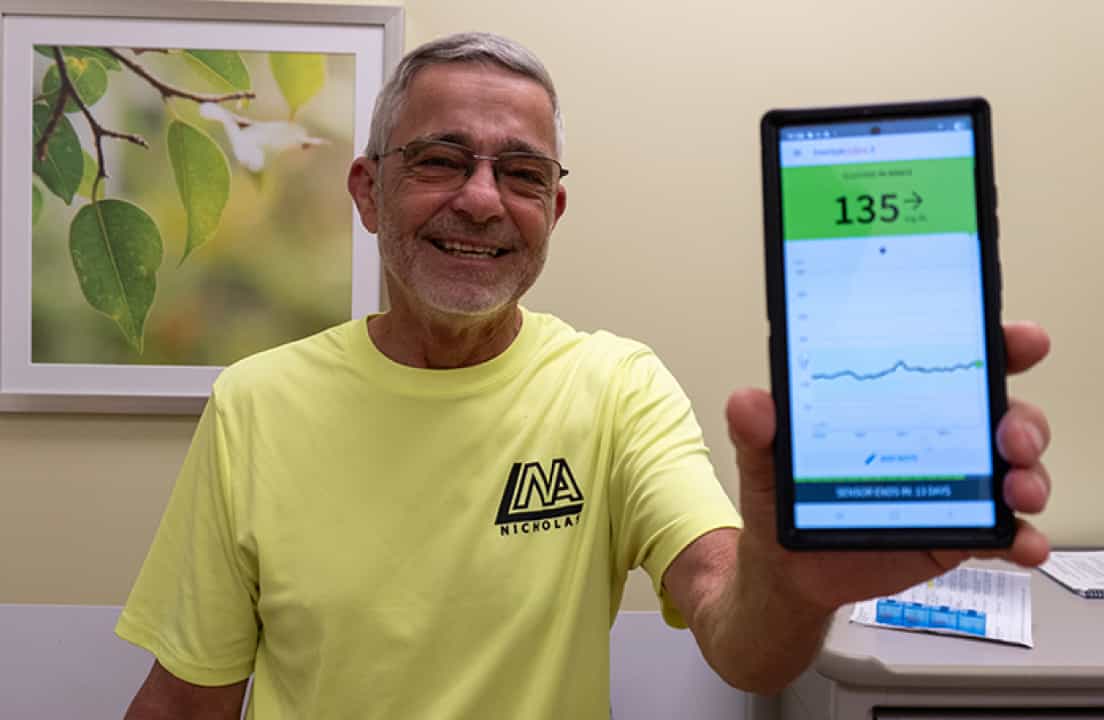

.jpg)
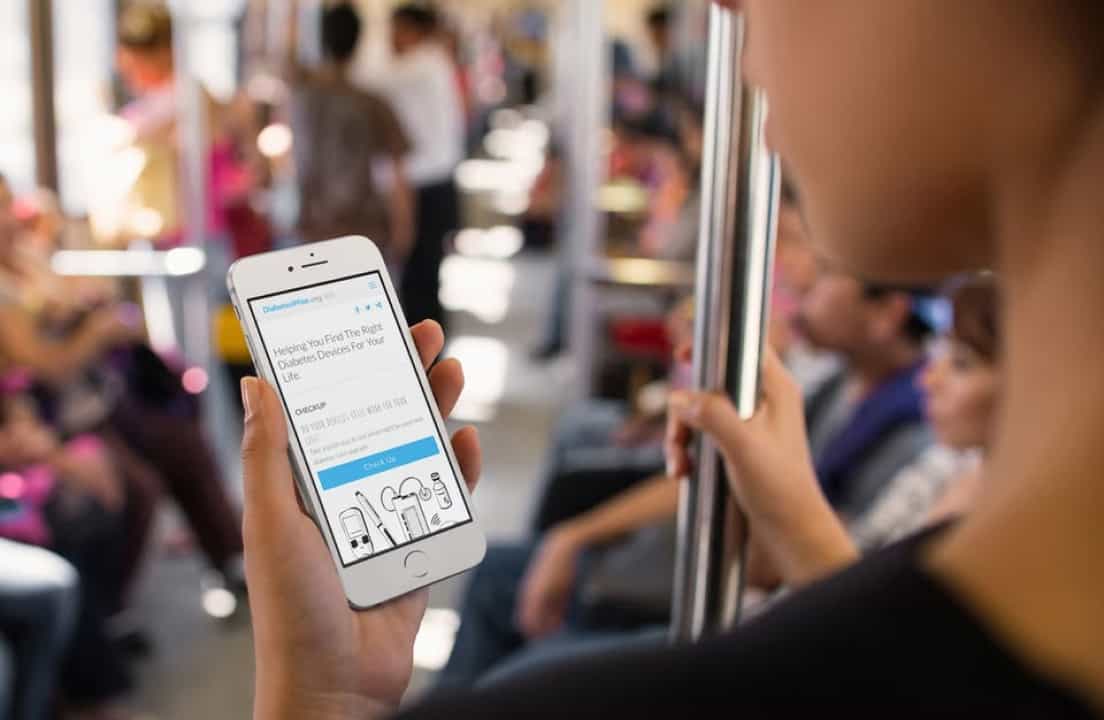
.jpg)




.jpg)

.jpg)
.jpg)
.jpg)
.jpg)
.jpg)
.jpg)

.jpg)
.jpg)
.jpg)
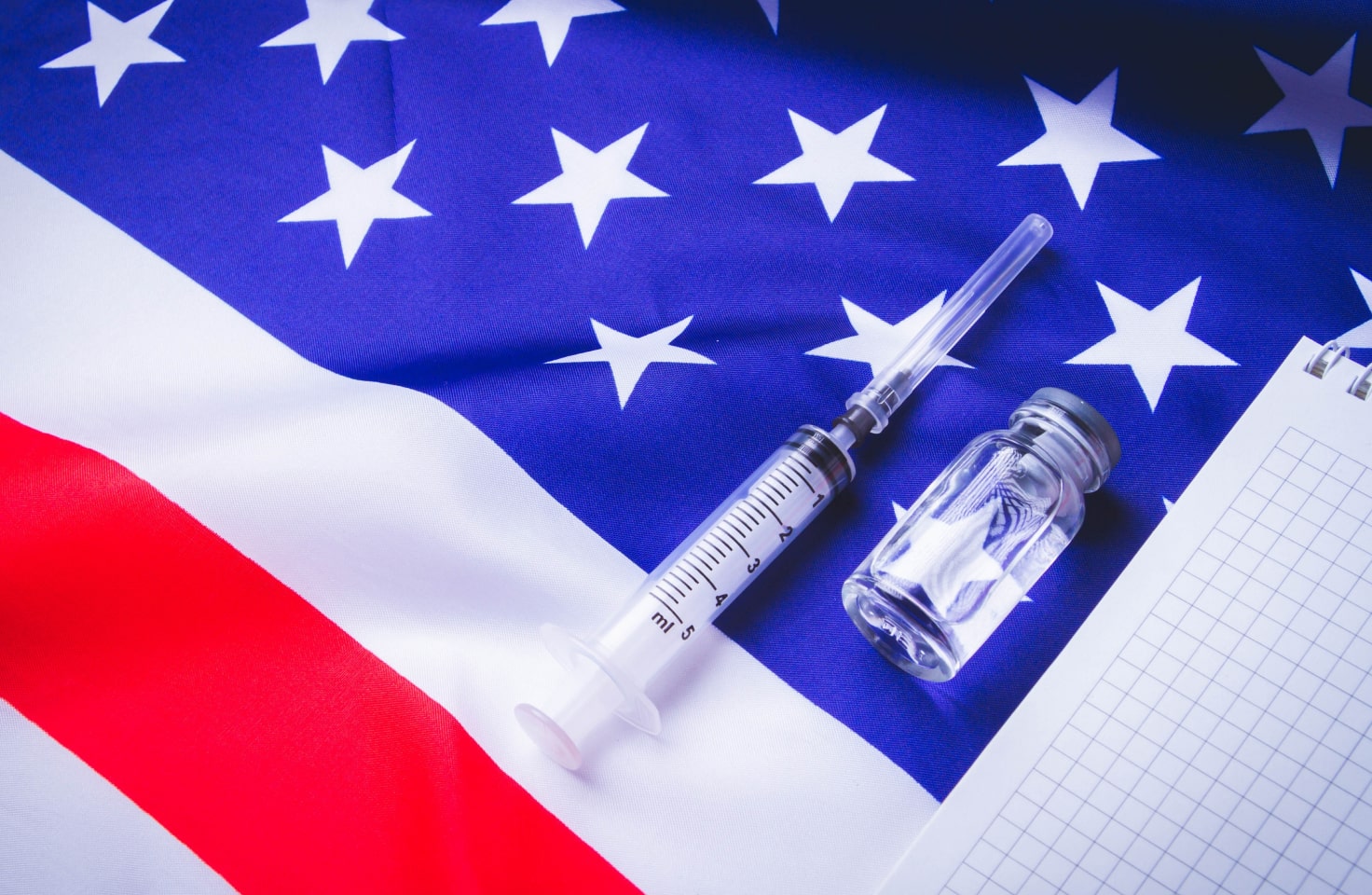
.jpg)



.jpg)
.jpg)
.jpg)
.jpg)


.jpg)
.jpg)


.jpg)
















.jpg)





.jpg)










.webp)